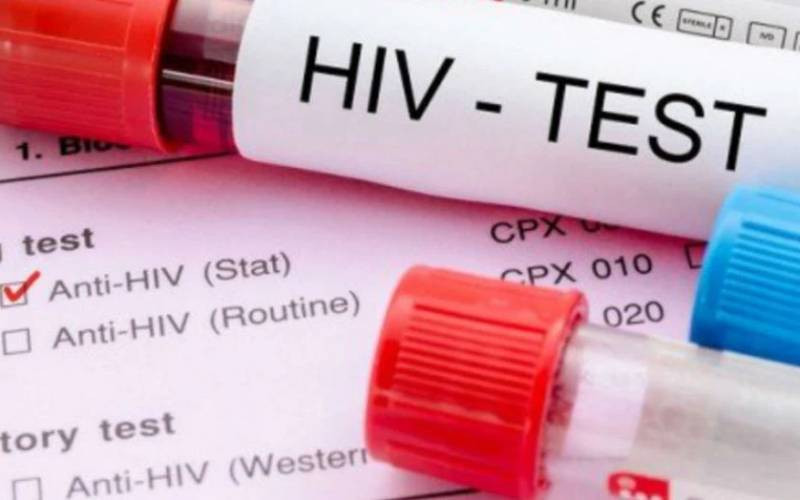×
The Standard e-Paper
Join Thousands Daily

Kenya has made commendable steps in the fight against the Human Immunodeficiency Virus (HIV) amidst stigmatisation, isolation, ridicule, and insults that some survivors still go through.
Norah*, a youth living with HIV shares her painful story of living in isolation and discrimination from society.